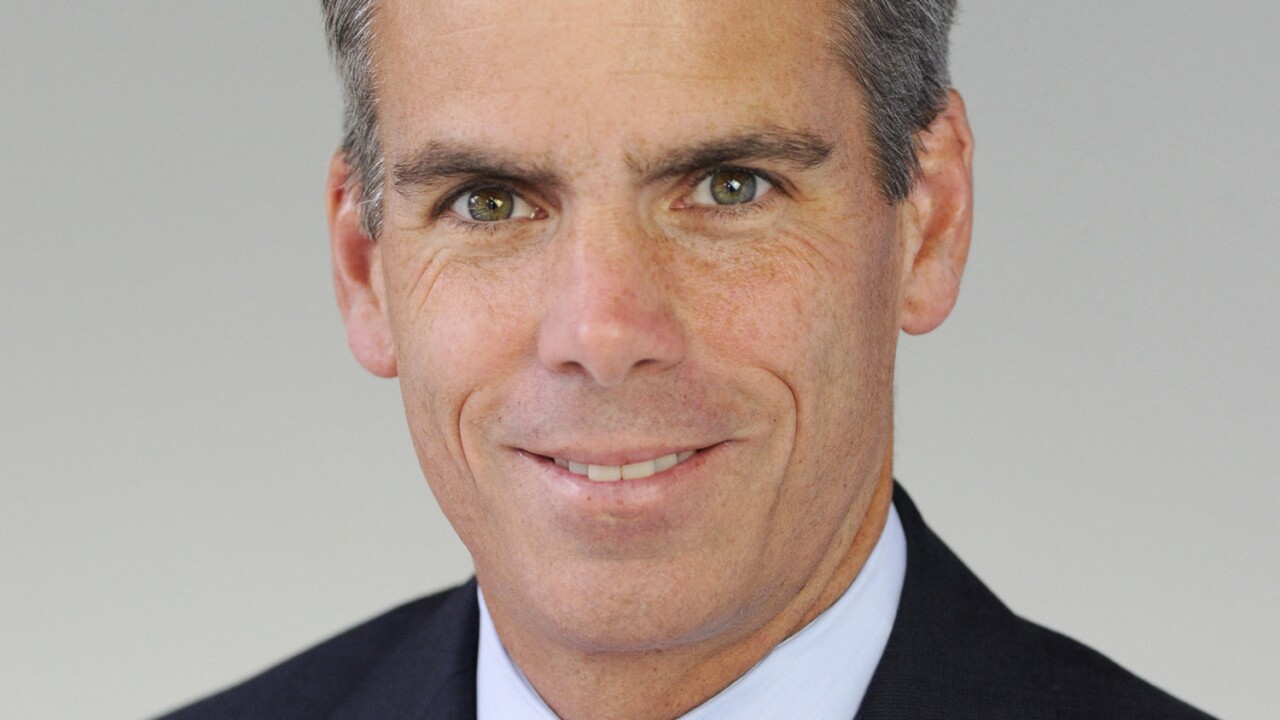The connection between the drama around selecting a Republican Speaker of the House of Representatives and the financial industry might be "squiggly," rather than direct, but banks should still prepare for the impact of a dysfunctional Congress in 2023.
Kevin McCarthy, R-Calif., has for four days failed to garner enough support to claim the speakership. Some conservative detractors are holding out on McCarthy's bid, in part, over concerns about government spending, forcing McCarthy to offer a deal that would give individual members of Congress more power to stymie legislation.

That will make it substantially more difficult for Congress to pass even bipartisan bills, analysts said, especially those that would raise the debt ceiling and avoid a government funding crisis. The stalemate could creep into other areas of policy as well, including must-pass measures such as
"I think it's more of a squiggly line from the speakership drama to financial policy, rather than a direct impact," said Ian Katz, financial policy analyst and managing director at Capital Alpha Partners.
Should the group of far-right conservatives holding out on the McCarthy vote run the table on spending and the debt ceiling, banks should beware the change to the value of Treasury bonds, said Isaac Boltansky, managing director and director of policy research at BTIG.
"This is a shot across the bow of the banking industry," he said. "Everyone's on notice now that raising the debt ceiling this time is going to be truly difficult. We may have thought it was hard in the past, but that's going to look easy."
Not raising the debt ceiling could jeopardize the United States' ability to pay the government's bills, which could mean failing to pay interest on, or redeem, Treasury bonds when due. With Treasuries in disarray, investors would demand higher rates on future Treasury bonds, upping interest costs to taxpayers, and rippling throughout the financial system in the form of higher interest rates on mortgages, student loans, car loans, credit cards and other debt.
"The whole financial system is based on the Treasury market," Boltansky said. "So if the Treasury market becomes dysfunctional because the US has defaulted on its debt, then you get financial stability risk. What happens to all those transactions that are dependent upon the highly liquid, fully functioning Treasury market? The short answer is that we don't know, but the risk is a lot greater than even what we faced when the market melted down in 2008."
Regardless of who winds up with the speakership, be it McCarthy or another Republican, discord among the GOP has made headlines across the country, and that undercuts their aims in Washington.
On the financial policy front, Rep. Patrick McHenry, R-N.C., the
"It probably also slightly weakens or dilutes the Republicans' message when they're criticizing Biden-appointed regulators," Katz said. "But that might be short-lived, and once this thing gets settled, they'll do their best to resharpen their teeth against the regulators."
In an unlikely scenario, McHenry has been floated as a potential consensus candidate to appease the GOP holdouts. McHenry, however, has supported McCarthy throughout the speakership fiasco, and has
One of the biggest items on the House Financial Services Committee's agenda this year was passing some kind of bill outlining a framework for regulating digital assets, particularly stablecoins. McHenry and Rep. Maxine Waters, D-Calif., worked on a bill last Congress that analysts previously expected to work its way into some kind of final law this year.
It's still unclear the fate of that legislation given the new drama in the House. If more lawmakers can hold up legislation, depending on the final deal that Republicans make to choose a speaker, then any legislation will be more difficult, and it's reasonable to assume that will apply to crypto, Boltansky said.
Still, some crypto boosters, including Mick Mulvaney, the former Republican congressman, White House chief of staff and acting CFPB director under former President Trump who joined crypto firm Astra last year, say the outlook is mostly the same, if a little pushed back.
"It doesn't impact it one way or the other," Mulvaney said. "It delays it certainly, but it won't affect it on the merits."






